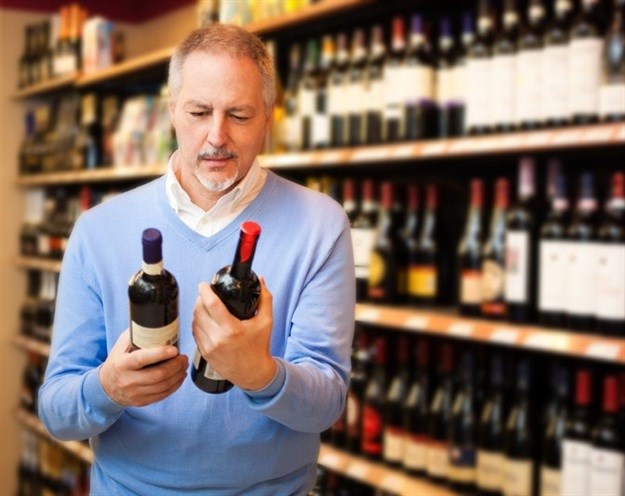The global wine consumption market, valued at $287 billion (R4.1 trillion) in 2016, is expected to reach $402 billion (R5.7 trillion) by 2023, according to a report published by Mordor Intelligence in 2017. These figures represent a massive increase of almost 40% in only seven years. This growing demand for wine is driven largely by rapid urbanisation, changing lifestyles, high disposable incomes and the increasing consumption of wine by the younger generation.
Yet, according to Vinpro’s latest report, South Africa produced its smallest harvest in 14 years this year, due partly to dry conditions and fluctuating weather. These phenomena – together with a decline in area under vines, increasing energy costs and water scarcity, labour unrest and wildfires – put into sharp perspective the urgent need to rethink how we farm and to start doing business differently.
Sustainability and conservation, along with technology and innovation, are among the main drivers in the development of the more efficient and productive agricultural practices that South African wine producers need.
Fortunately there are many innovative products, start-ups and industries that are being developed with these drivers in mind. Take the South African aerial data-analytics specialist Aerobotics, with whom Nedbank is partnering, as an example. Aerobotics uses satellites and drones to capture bird’s eye view, multispectral images of crops to help farmers optimise yields and manage costs, crop health and diseases.
Aerobotics’ leaf-by-leaf drone scouting app gives producers access to artificial intelligence that detects the exact problems impacting their crops quickly and accurately, and without them having to set foot in the vineyard. This saves time, money, water and energy, with reductions of up to 30% in chemical usage reported.
The company has built a solid client base of farmers and agricultural consultants in South Africa, other parts of Africa, Australia and the UK – and has recently taken the US agricultural market by storm.
The Nedbank Stellenbosch University LaunchLab is also driving innovation. It explores and incubates technology to provide the agrisector with the leading edge to reach its goals. Agritech and greentech in the agrisector are important focus areas of LaunchLab and innovations in water conservation, solar and wind technology, investment funds for farm labourers and agri-data management are among LaunchLab’s exciting developments.
Since its inception in 2014 more than 100 new companies have been incubated in LaunchLab, which provides access to mentors, research and business development expertise.
With the wine sector facing so many challenges to meet increasing global demand, sustainable business practices are absolutely crucial, and technology and innovation are key enablers in this regard. For example, innovations that provide producers with data about the precise moisture content, soil quality, fertiliser needs and when to plough mean producers use less water, energy and fertiliser.
The wine industry contributes R36-billion ($2.48 billion) to South Africa’s gross domestic product and employs some 300,000 people, both directly and indirectly.
These are significant contributions and Nedbank is committed to partnering with its agribusiness clients to benefit the country as a whole. Our close involvement in these technologies and innovations means that we have a greater understanding of the risks and are better equipped to deliver on the opportunities in the sector.




































